Meditation is an ancient practice that has gained popularity in the modern world for its many benefits for the mind and body. From reducing stress to increasing mental clarity and overall well-being, meditation has become an essential tool for those seeking a more balanced and conscious life.
In the hustle and bustle of modern life, finding moments of peace and tranquility can seem like an impossible mission. Stress, anxiety and constant worries distance us from our present and prevent us from enjoying the here and now. This is why meditation has become an increasingly popular tool to achieve physical and mental well-being.
This article will introduce you to some of the best books to help you learn to meditate, offering you a complete guide to begin your journey towards inner peace.
What is meditation?
Meditation is an ancient practice that consists of training the mind to focus and calm down, that is, it involves focusing the mind and eliminating distractions to achieve a state of clarity and tranquility. It is a state of full consciousness in which we observe our thoughts and emotions without judging them.
Although there are many forms of meditation, they all share the common goal of cultivating a peaceful and focused mind. Some techniques focus on breathing, others on a mantra or visualization, but all seek to train the mind to achieve a state of full consciousness.
What types of meditation exist?
Meditation is a practice that has been used for centuries to promote relaxation, mental clarity, and well-being. There are many different types of meditation, each with its own set of focus and techniques. Some of the most common types of meditation include:
Mindfulness meditation: This type of meditation focuses on paying attention to the present moment without judgment. This may involve focusing on breathing, bodily sensations, or thoughts and emotions.
Transcendental Meditation: This technique involves repeating a mantra or phrase silently to help calm the mind and promote a higher state of consciousness.
Zen Meditation: This type of meditation focuses on sitting quietly and observing thoughts without becoming attached to them.
Vipassana Meditation: This technique involves focusing on bodily sensations to develop greater awareness of the present moment.
Loving-kindness meditation: This type of meditation focuses on cultivating feelings of love and compassion toward oneself and others.
Body Scan Meditation: This technique involves systematically focusing on different parts of the body to release tension and promote relaxation.
Why is meditation important?
Meditation not only benefits mental and emotional health, but it also has positive effects on physical health. Numerous studies have shown that meditation can reduce stress, improve concentration, increase emotional resilience, and promote an overall sense of well-being. Additionally, regular meditation practice can help manage anxiety, depression, and other mental health issues.
It has been shown that meditation can:
- Reduce stress and anxiety
- Improve mood and happiness
- Increase concentration and memory
- Strengthen the immune system
- Reduce chronic pain
- Promote restful sleep
- Promote creativity
- Improve interpersonal relationships
Here are some additional tips to get started with meditation:
- Find a quiet place where you won't be disturbed.
- Sit or lie down in a comfortable position.
- Close your eyes or focus your gaze on a fixed point.
- Focus on your breathing and notice the thoughts that arise in your mind without judging them.
- If your mind wanders, gently return your attention to your breathing.
- Start with short meditation sessions and gradually increase the duration as you feel more comfortable.
Books that will help you learn to meditate
Being Nobody, Going Nowhere by Ayya Khema
This book is an accessible guide to meditation. ion and Buddhist teachings, written by one of the most respected Buddhist nuns in the world. Ayya Khema offers simple and profound practices to achieve inner peace and self-knowledge.

The most direct means to eternal happiness by Michael Langford
Michael Langford presents a direct, no-nonsense approach to achieving happiness through meditation. This book is ideal for those seeking tangible results in their meditative practice.
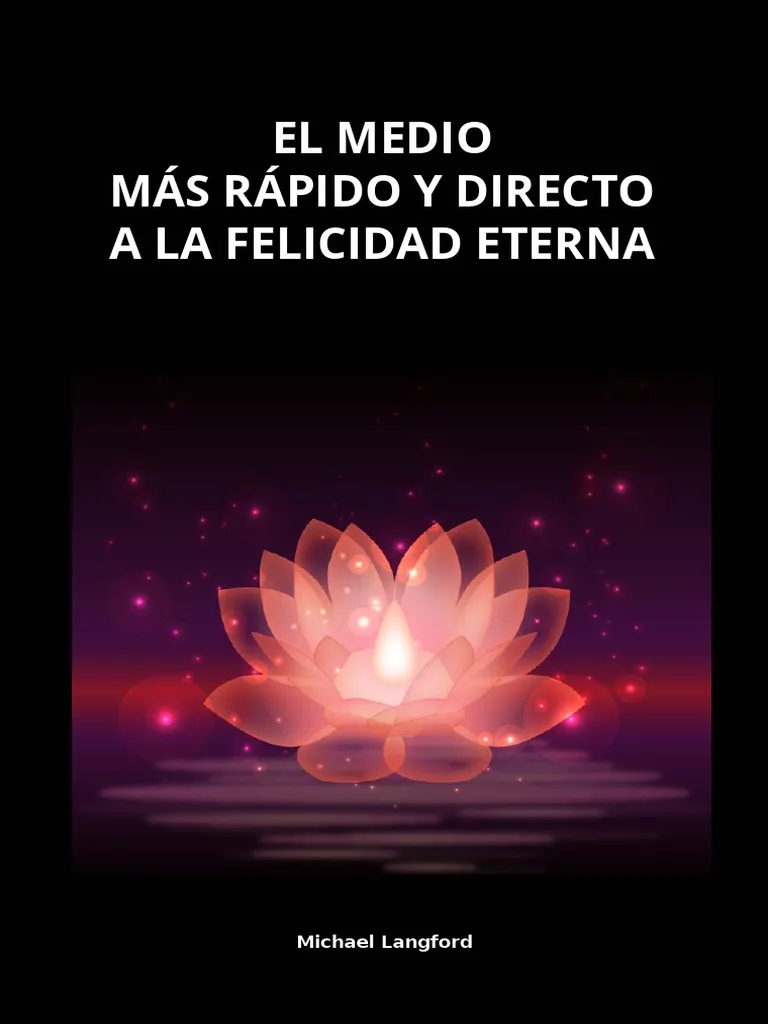
Meditate by Vicente Merlo
Vicente Merlo, a renowned meditation expert, offers a complete guide that combines theory and practice. This book is perfect for both beginners and experienced meditators who want to deepen their practice.
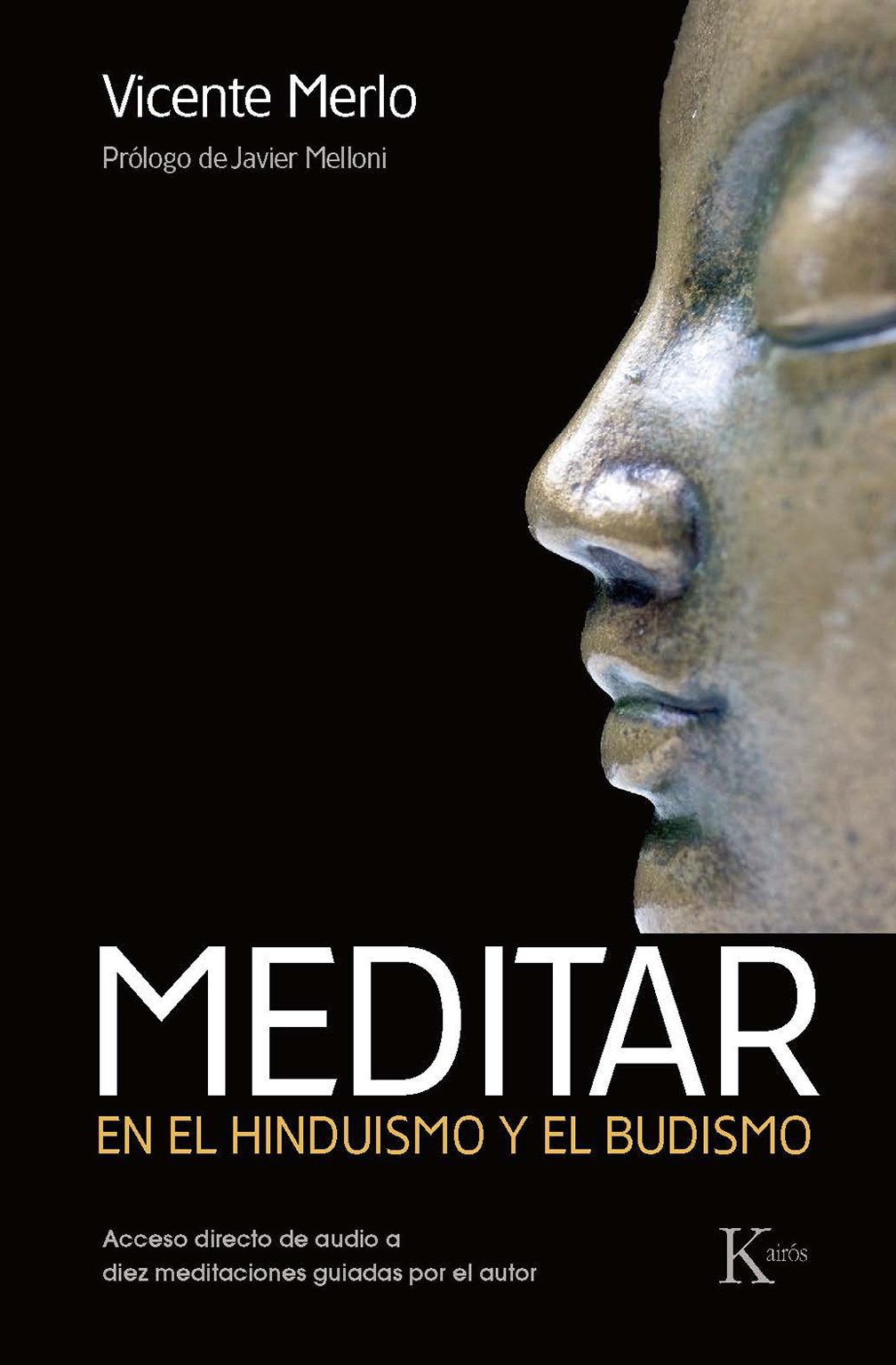
Knocking on Your Own Door: 108 Teachings on Mindfulness by Jon Kabat-Zinn
Jon Kabat-Zinn, a pioneer in the integration of meditation and medicine, presents 108 practical teachings on mindfulness. This book is an excellent tool for incorporating mindfulness into everyday life.

The Path of Mindfulness: the heart of Buddhist meditation from Nyanaponika Thera
Nyanaponika Thera explores Buddhist meditation and its ability to transform the mind. With a focus on mindfulness, this book is an in-depth introduction to meditative practice.
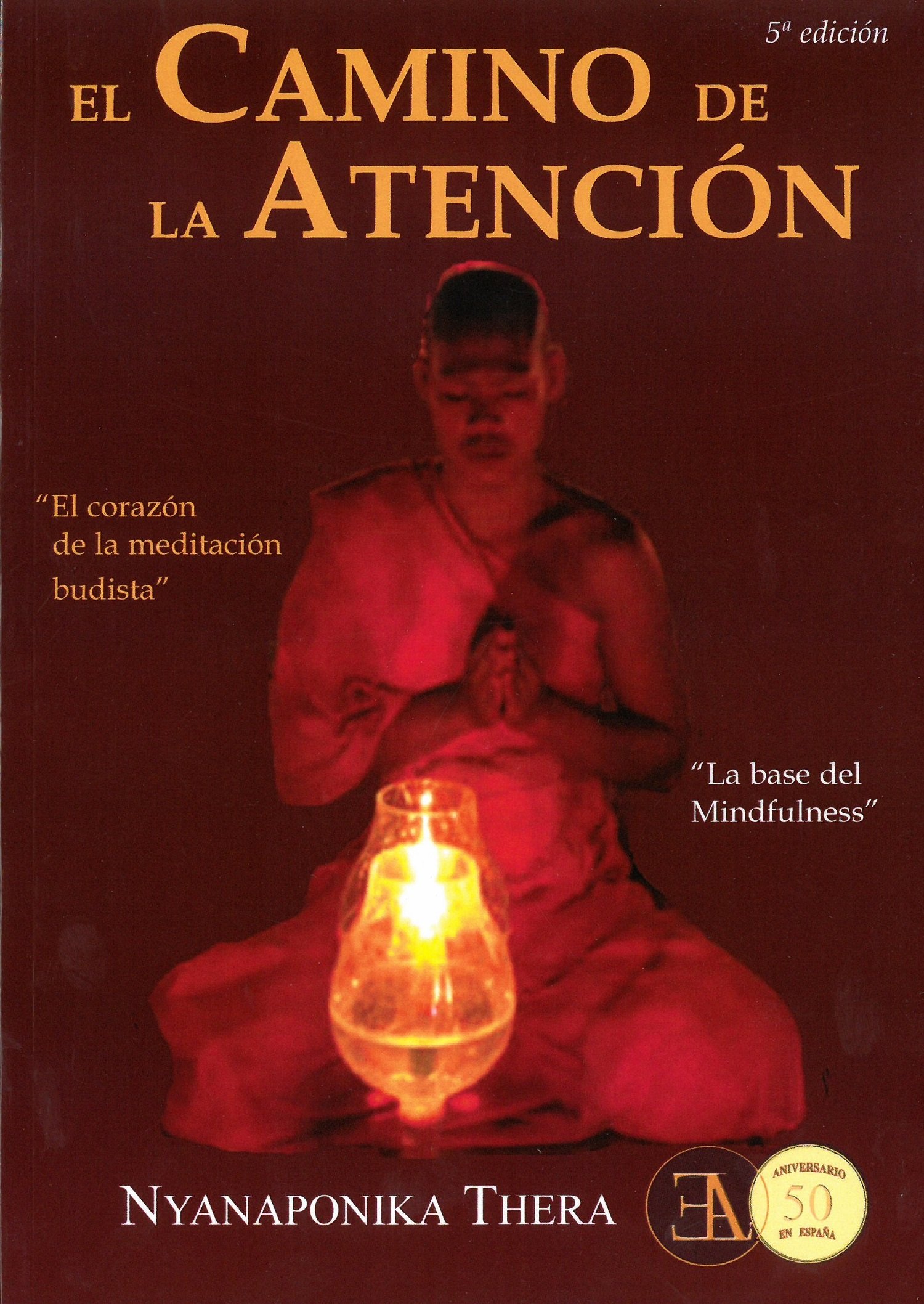
Learn to Meditate: 20+ Simple Exercises for Peace, Health, and Mental Clarity by Eric Harrison
Eric Harrison offers a practical guide with more than 20 meditation exercises designed to improve mental and physical health. This book is perfect for those looking for a practical introduction to meditation.
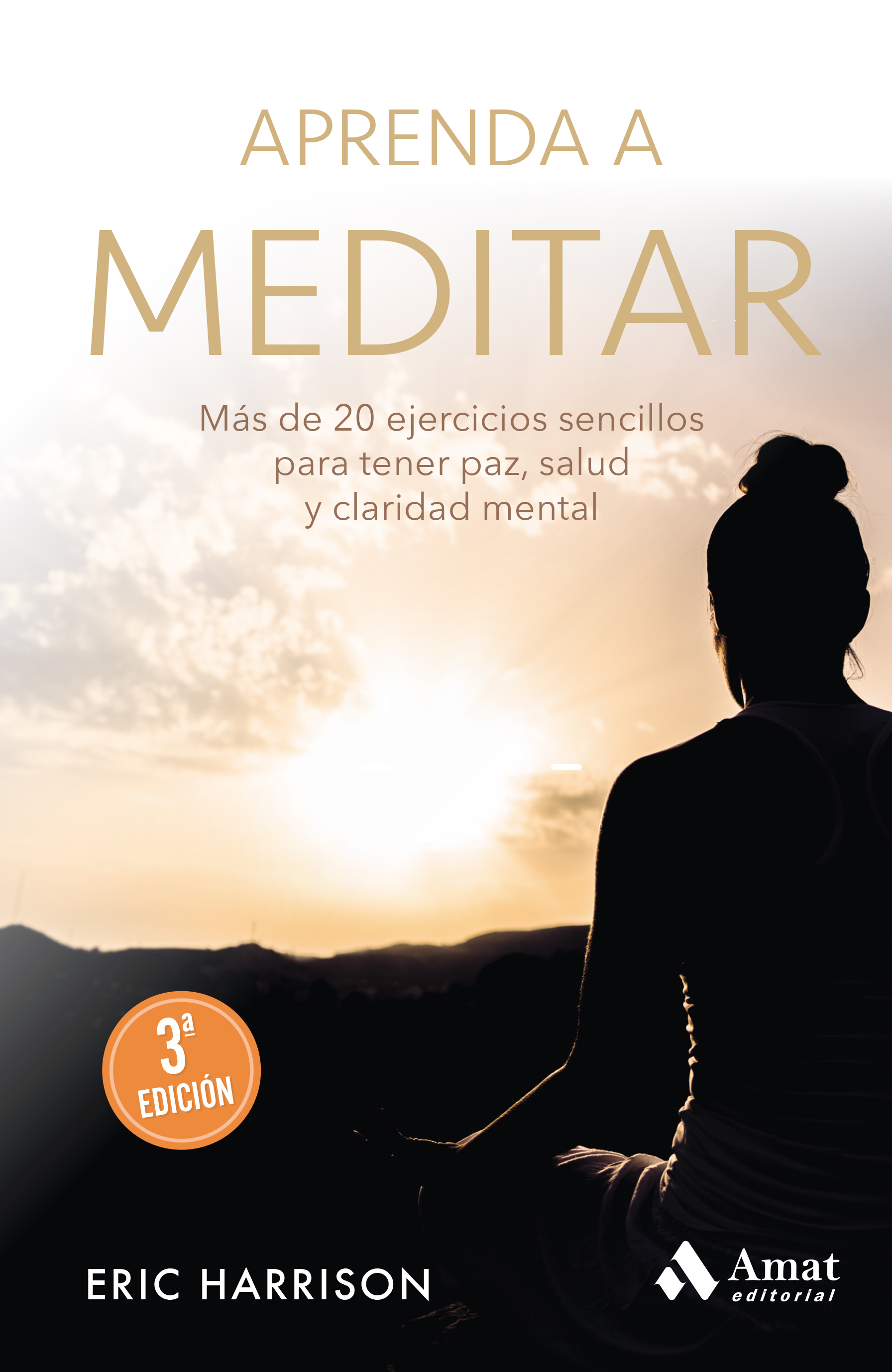
Meditation books: living crises fully by Jon Kabat-Zinn
Another work by Jon Kabat-Zinn, this book focuses on how to use meditation to confront and overcome personal crises. It is an invaluable guide for those seeking resilience and mental strength.
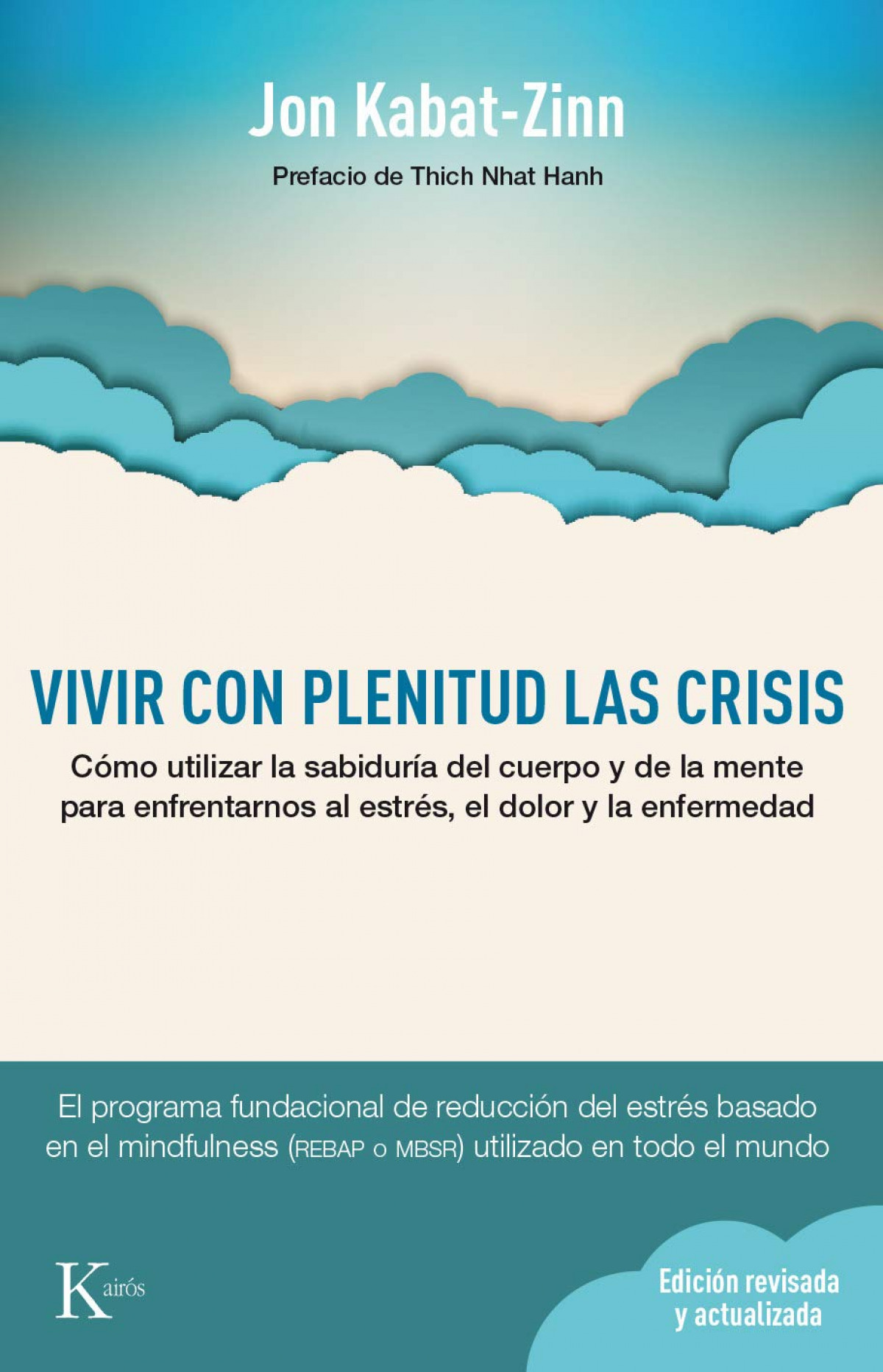
50 Exercises to Learn to Meditate by Géraldine Prévot-Gigant
Géraldine Prévot-Gigant presents 50 practical exercises that help readers introduce themselves to meditation gradually and effectively. This book is ideal for beginners looking for variety in their practices.
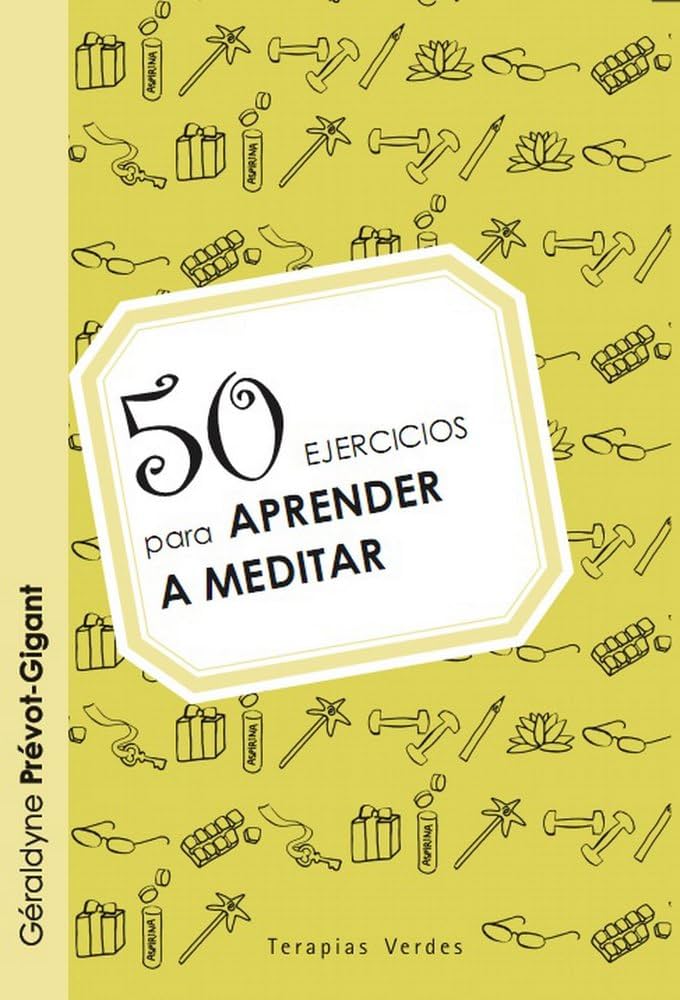
Awakening the heart: The art of loving yourself well by Sandra García Sánchez-Beato
This book focuses on self-compassion and self-love through meditation. Sandra García Sánchez-Beato offers tools and practices to develop a healthier relationship with yourself.

Basic course for the practice of Zen by Robert Aitken
Robert Aitken, a renowned Zen master, offers a comprehensive and practical introduction to Zen. This book is ideal for those interested in the philosophy and practice of Zen.
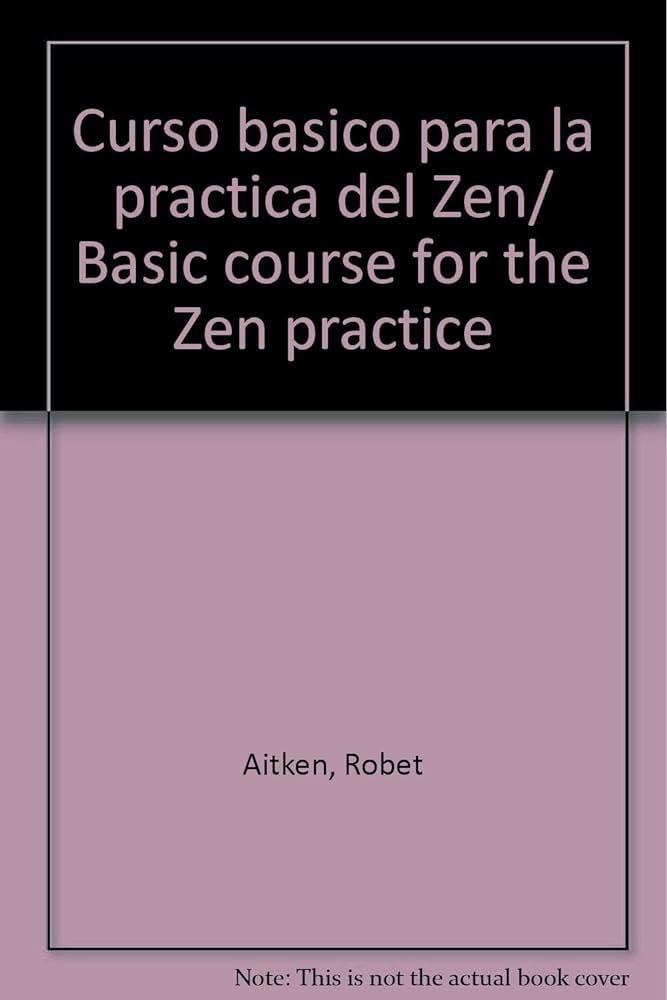
The Art of Living: Vipassana Meditation by William Hart
William Hart presents the teachings of S.N. Goenka on Vipassana meditation, one of the oldest and most respected meditation techniques. This book is a complete guide for those interested in this form of introspective meditation.

Initiation to Mindfulness by Vicente Simón
Vicente Simón offers a detailed introduction to mindfulness, a practice that has gained popularity for its ability to improve quality of life. This book is ideal for those who want to integrate mindfulness into their daily life.
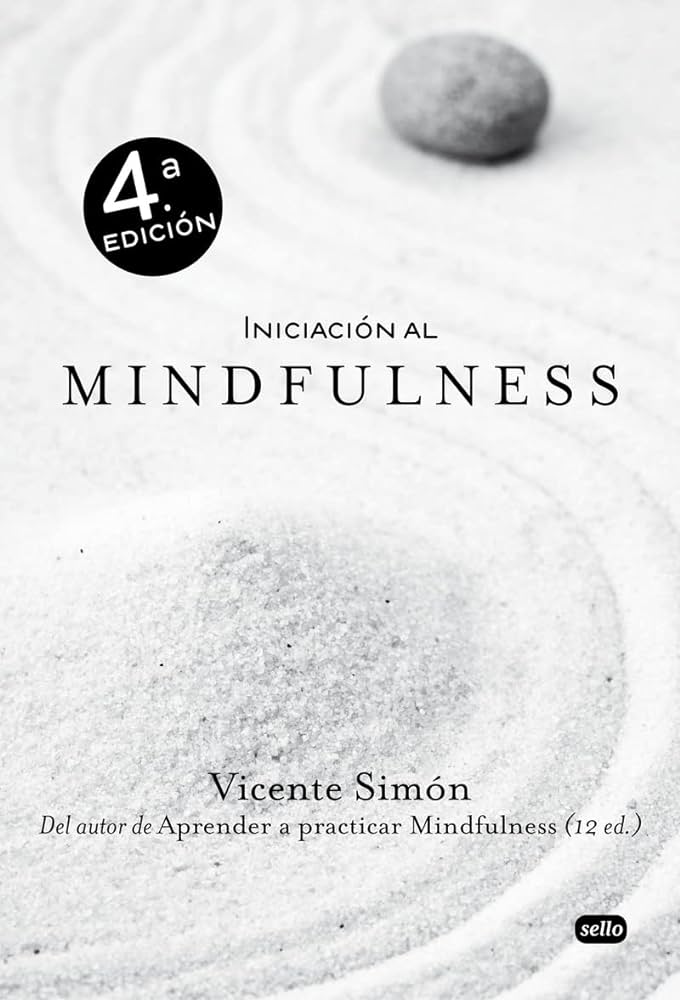
The Power of Now by Eckart Tolle
This global bestseller by Eckhart Tolle explores the importance of living in the present and offers meditative practices to achieve this. It is a transformative book that has changed the lives of millions of readers.

Towards Inner Peace by Thich Nhat Hanh
Thich Nhat Hanh, one of the most respected Zen teachers, offers teachings on how to achieve inner peace through meditation and mindfulness practice. His simple and profound style makes this book accessible and powerful.

The Secret to Authentic Happiness by Sharon Salzberg
Sharon Salzberg, co-founder of the Insight Meditation Society, presents an accessible and practical approach to finding true happiness through meditation. This book is an essential guide for any spiritual seeker.
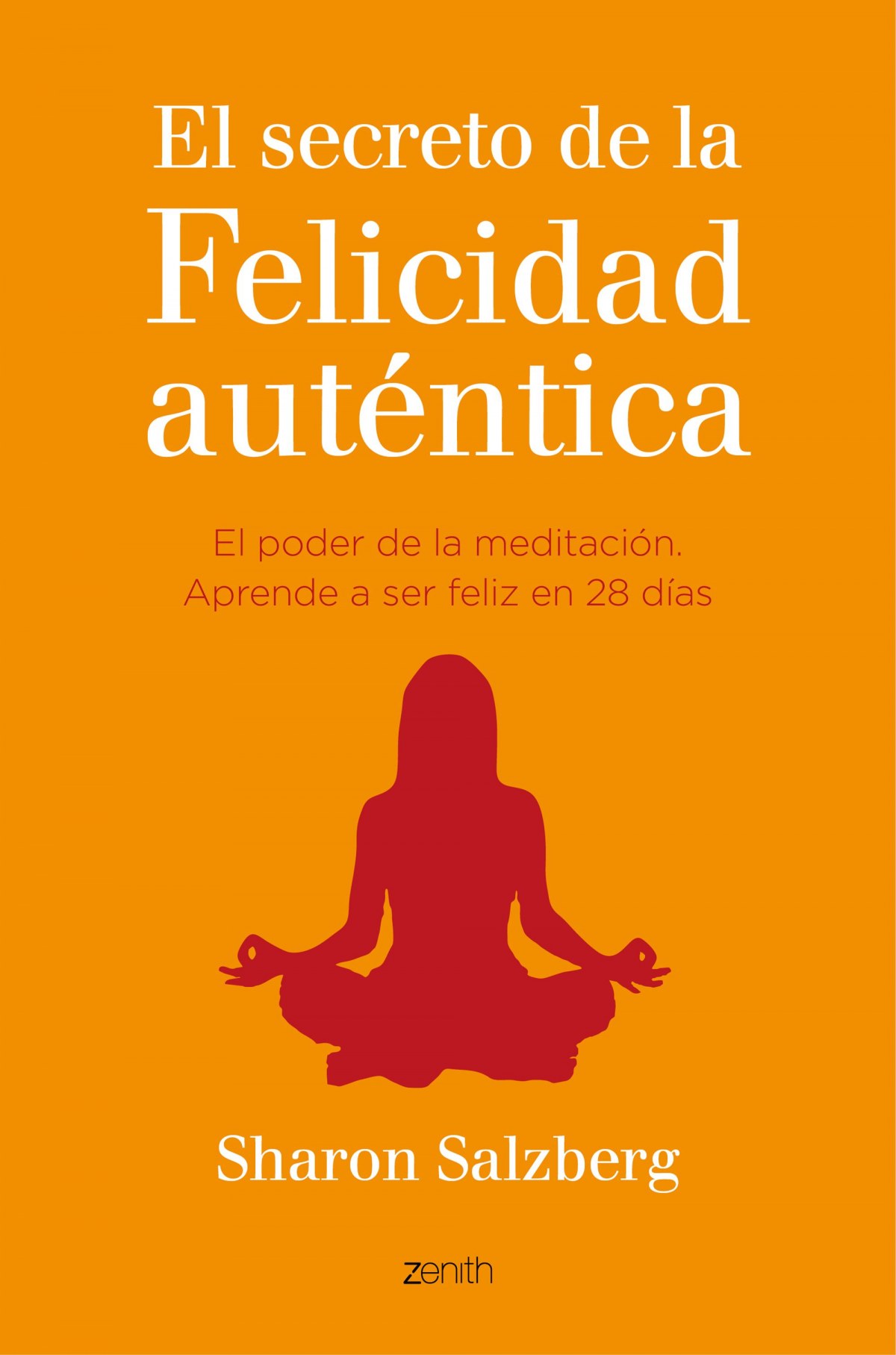
The Tibetan Book of the Life and Death of Sogyal Rinpoche
This classic text offers a profound exploration of life and death from the Tibetan perspective. Sogyal Rinpoche combines traditional teachings with a practical guide to meditation.

The Way of the Heart by Jack Kornfield
Jack Kornfield, a well-known meditation teacher, offers teachings on how to open your heart through meditative practice. This book is an inspiring guide for those seeking to cultivate love and compassion.
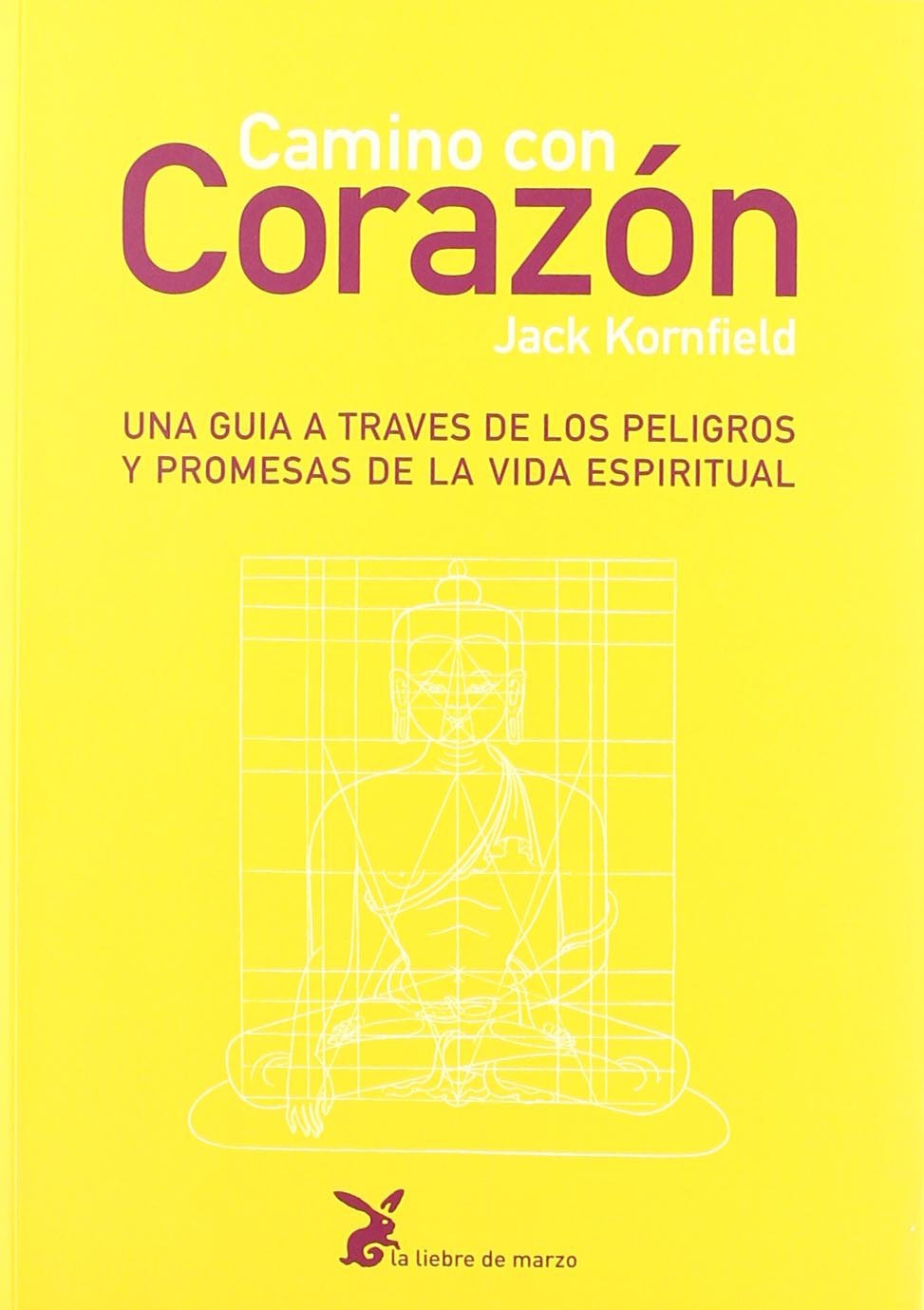
Wake up by Anthony de Mello
Anthony de Mello combines Eastern and Western wisdom to offer powerful guidance on awakening consciousness. This book is ideal for those seeking a deeper understanding of themselves and life.
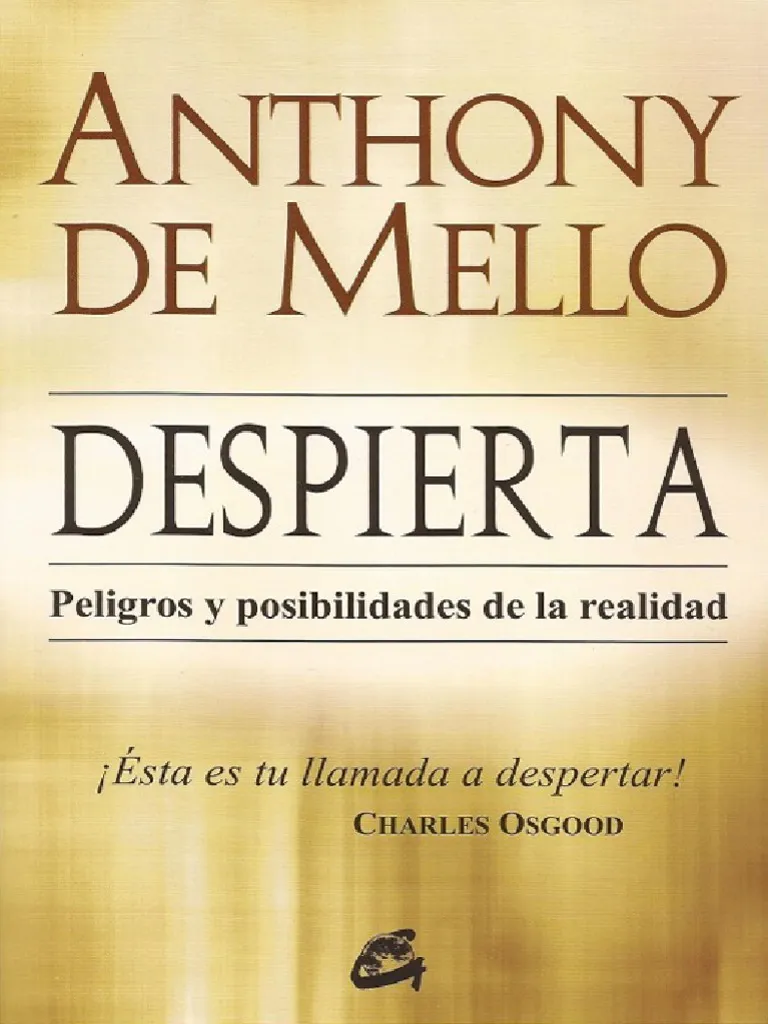





Comentarios